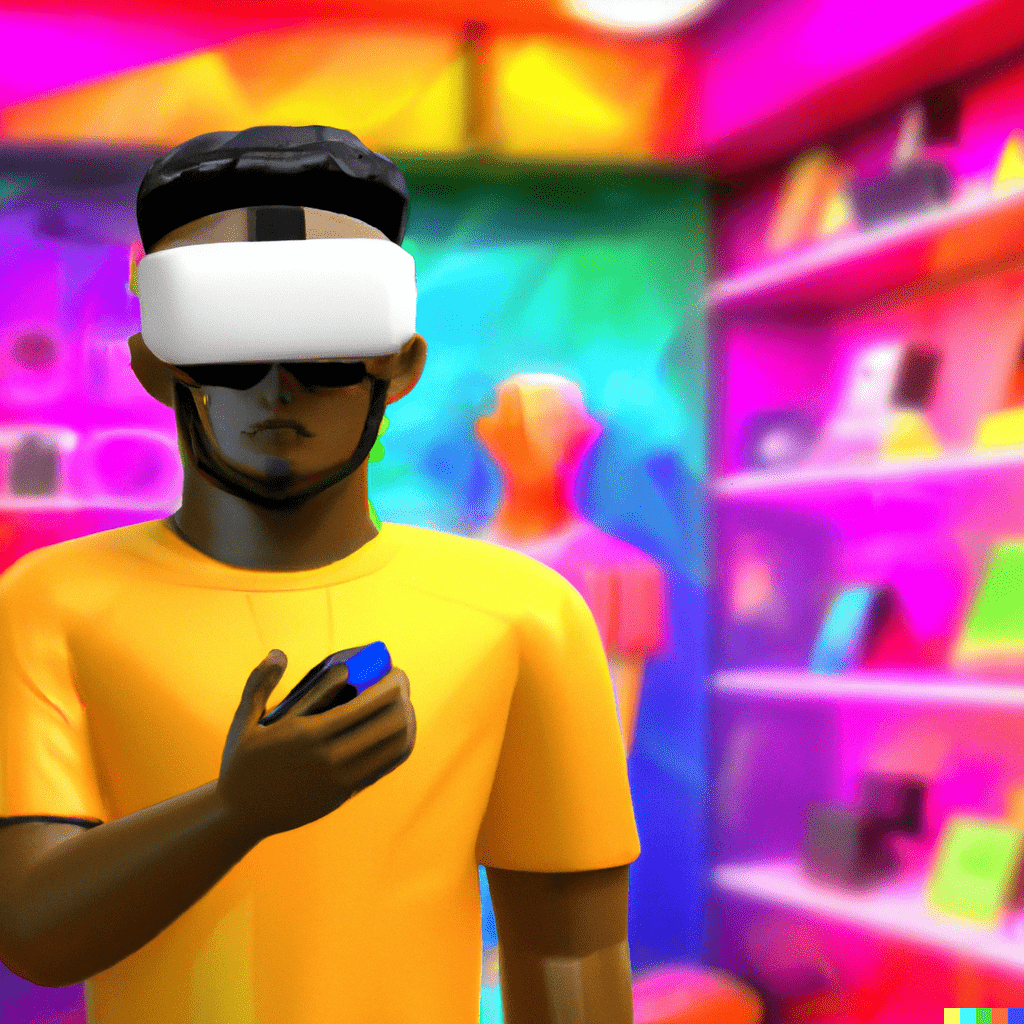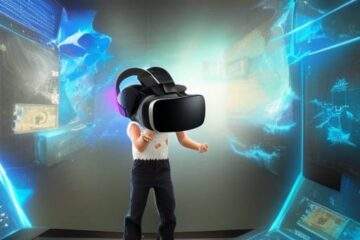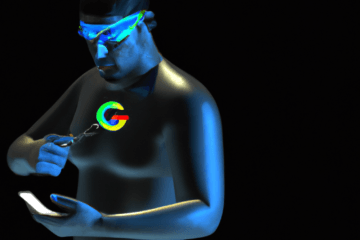The Metaverse is a term that refers to a virtual space created by the convergence of virtual and physical reality, where users can interact with each other and digital objects. It is a fully immersive environment that combines virtual reality, augmented reality, and other technologies to create an all-encompassing experience. The Metaverse is not a new concept, and it has been explored in science fiction books, movies, and video games for decades. However, with the advancement of technology, the Metaverse is becoming a reality, and its social impact is enormous. In this blog post, we will explore the social impact of the Metaverse.

Economic impact:
The Metaverse has the potential to create a new economy that operates within the virtual space. Users can buy, sell, and trade digital assets, such as virtual real estate, avatars, and virtual goods, using cryptocurrency. The virtual economy is not limited by physical borders, and it can operate 24/7. The Metaverse can create job opportunities in various fields, such as game design, virtual real estate development, and customer service.
Social impact:
The Metaverse can have a significant impact on social interactions. Users can interact with each other in a virtual space, creating a new form of social interaction. The Metaverse can bring people from all over the world together, breaking down barriers such as distance and language. It can provide a platform for people to express themselves and connect with others who share their interests. However, it can also create social isolation and addiction, where users spend more time in the virtual world than in the real world.
Cultural impact:
The Metaverse can have a profound impact on culture. It can create a new form of culture that is unique to the virtual space. Users can create and share their own content, such as music, art, and literature. The Metaverse can also bring people from different cultures together, allowing them to share their experiences and learn from each other. However, it can also lead to the loss of cultural diversity, as the virtual culture may dominate over traditional cultures.
Psychological impact:
The Metaverse can have a significant impact on mental health. It can provide a platform for people to escape from the real world, leading to addiction and social isolation. It can also create a sense of disconnection from reality, leading to a blurring of the boundaries between the virtual and real worlds. However, it can also provide a platform for people to express themselves and find support for mental health issues.
Ethical impact:
The Metaverse can raise ethical concerns, such as privacy, security, and ownership. Users may be required to share personal information to use the Metaverse, raising concerns about privacy. The Metaverse may also be vulnerable to cyber-attacks, raising concerns about security. The ownership of virtual assets, such as virtual real estate and digital goods, may also be unclear, raising concerns about ownership.
In conclusion, the Metaverse has the potential to create a new economy, transform social interactions, create a new form of culture, and impact mental health. However, it also raises ethical concerns such as privacy, security, and ownership. As the technology continues to advance, it is important to consider the social impact of the Metaverse and address the potential negative consequences. The Metaverse can bring significant benefits, but it is crucial to approach it with caution and responsibility.


